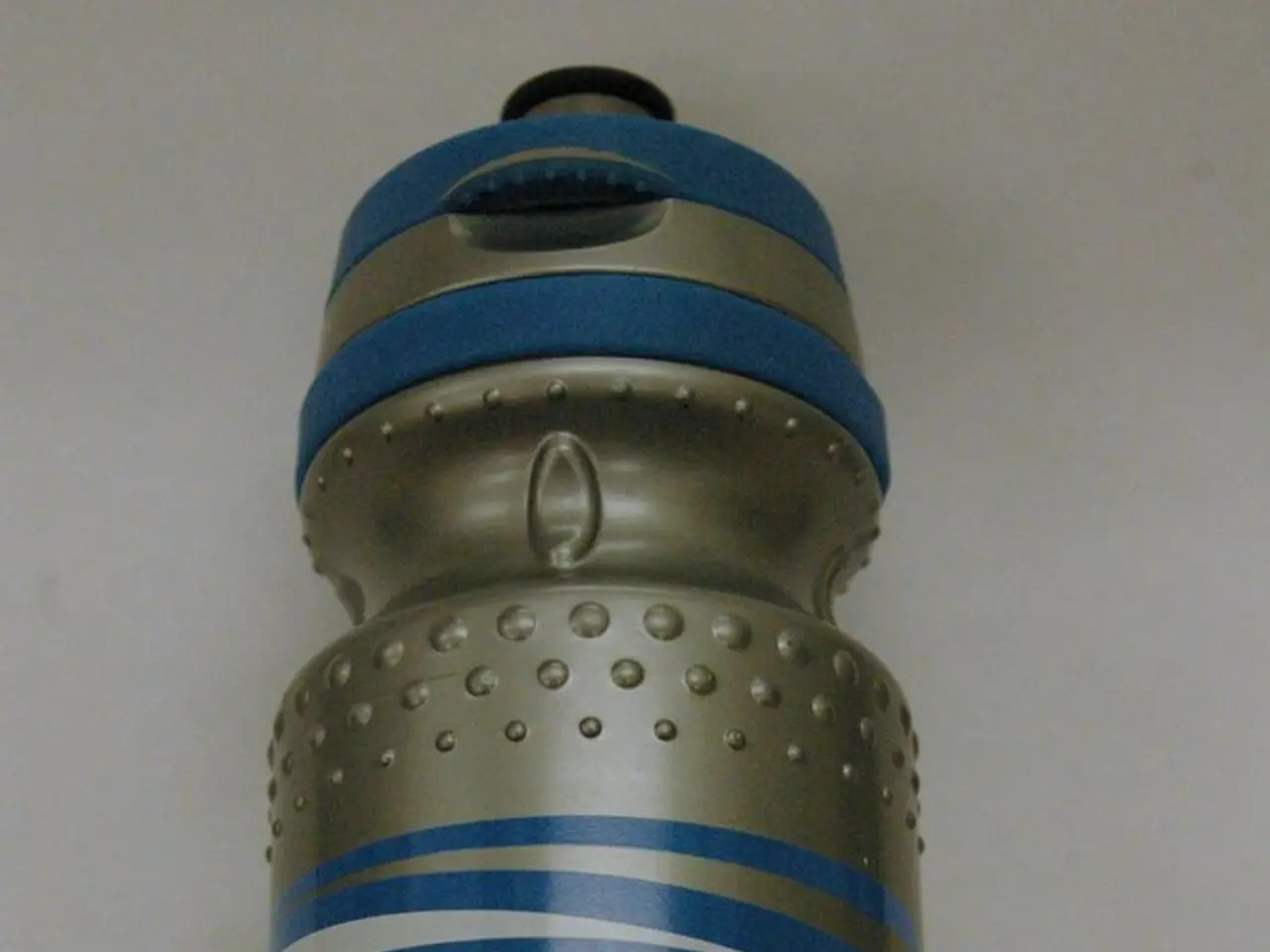Germany's Pharma Industry Thrives Amid Economic Challenges
Germany's pharmaceutical industry remains robust despite economic headwinds. While the country faces structural challenges and potential setbacks in the automotive sector, the pharma industry is projected to grow and create jobs. However, it also faces threats from U.S. tariffs and global economic slowdown.
Germany's pharmaceutical industry is set to expand employment by 0.2 percent in 2025 and 1.1 percent in 2026. Investment in the sector is expected to rise by 2.7 percent in 2025 and 3.0 percent in 2026, outpacing overall economic growth. Production is also projected to grow by 3.2 percent in 2025 and 1.0 percent in 2026.
The industry's resilience is driven by leading companies like Bayer, Merck KGaA, and Pfizer. These innovators, represented by the vfa, focus on developing high-quality medicines and therapies. They work closely with policymakers to foster innovation in Germany's healthcare system. However, the industry faces challenges from U.S. tariffs on pharmaceutical products, which could disrupt its reliance on the American market.
Despite Germany's structural crisis and potential recession in the automotive sector, the pharmaceutical industry remains a bright spot. With projected job growth, increased investment, and high research activity, it continues to innovate and contribute to the economy. However, the industry must navigate challenges from U.S. tariffs and global economic slowdown to maintain its resilience.
Read also:
- American teenagers taking up farming roles previously filled by immigrants, a concept revisited from 1965's labor market shift.
- Weekly affairs in the German Federal Parliament (Bundestag)
- Landslide claims seven lives, injures six individuals while they work to restore a water channel in the northern region of Pakistan
- Escalating conflict in Sudan has prompted the United Nations to announce a critical gender crisis, highlighting the disproportionate impact of the ongoing violence on women and girls.





